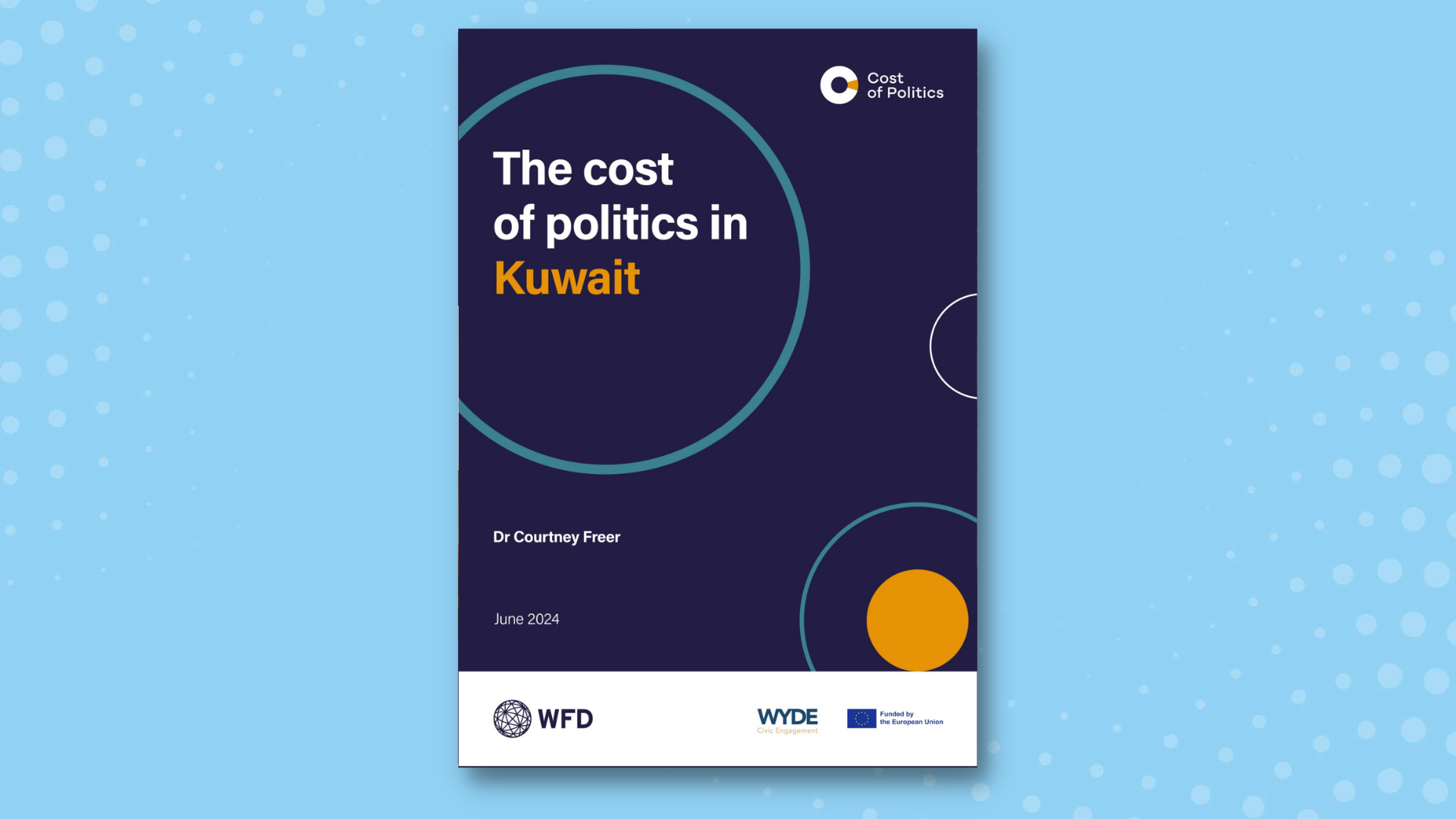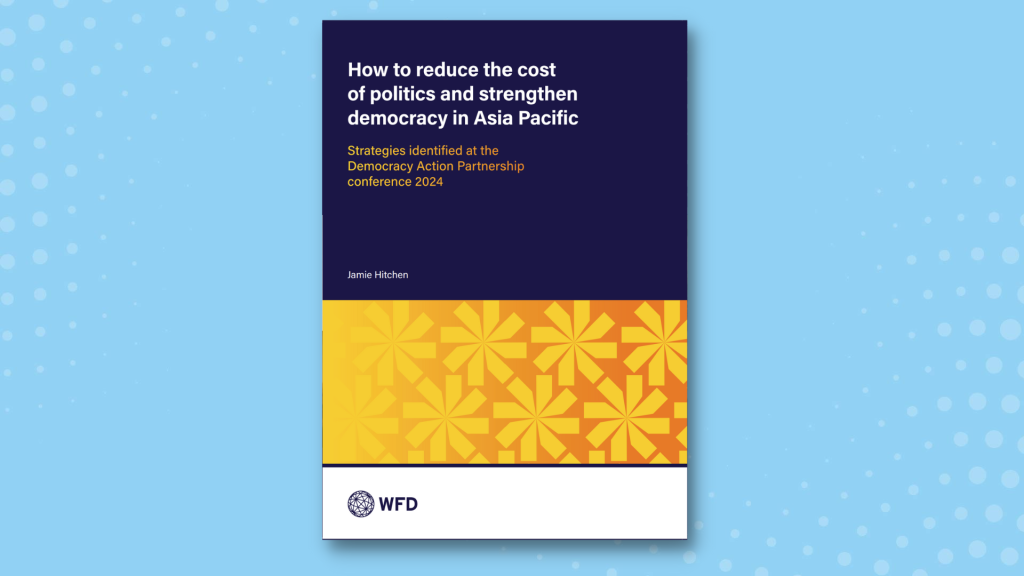Kuwait has historically stood out from its oil-wealthy neighbours in housing a politically powerful and obstreperous parliament. Elected at a minimum every four years by Kuwaiti citizens over the age of 21, elections in recent years have happened more frequently, as the body can be, and had been, dissolved either by the amir or by the Constitutional Court before it has finished its term. The increasing number of elections has been accompanied by an increase in the costs of contesting with one study estimating that they have risen 20-50% in recent years. While Kuwait boasts one of the world’s highest GDPs per capita, nearly $54,000, cost is often a deterrent for Kuwaitis considering running in parliamentary elections.
But this political landscape has shifted following the announcement of a sustained dissolution of the Kuwaiti parliament by Amir Shakyh Mishaal Ahmed al-Sabah (r.2023-present) on 10 May 2024. Such a dissolution is concerning but not unprecedented: parliament was dissolved between 1976 and 1981 and between 1986 and 1992, and in both cases was restored without major restraints on its power to legislate. The amir has asserted that this dissolution is to last no more than four years and that its purpose is the “revision of the democratic process in its entirety.” The announcement comes on the heels of an announcement made by 30 of the 50 elected members of parliament (MPs) that they would not accept the incoming interior minister and general discontent among Kuwaitis about the inability of their parliament to produce legislation, largely due to sustained disagreement with the unelected cabinet. While it is too early to determine all of the impacts of this change, it will likely alter the way that parliamentary elections are held in the future, potentially with an impact on the costs of seeking political office.


